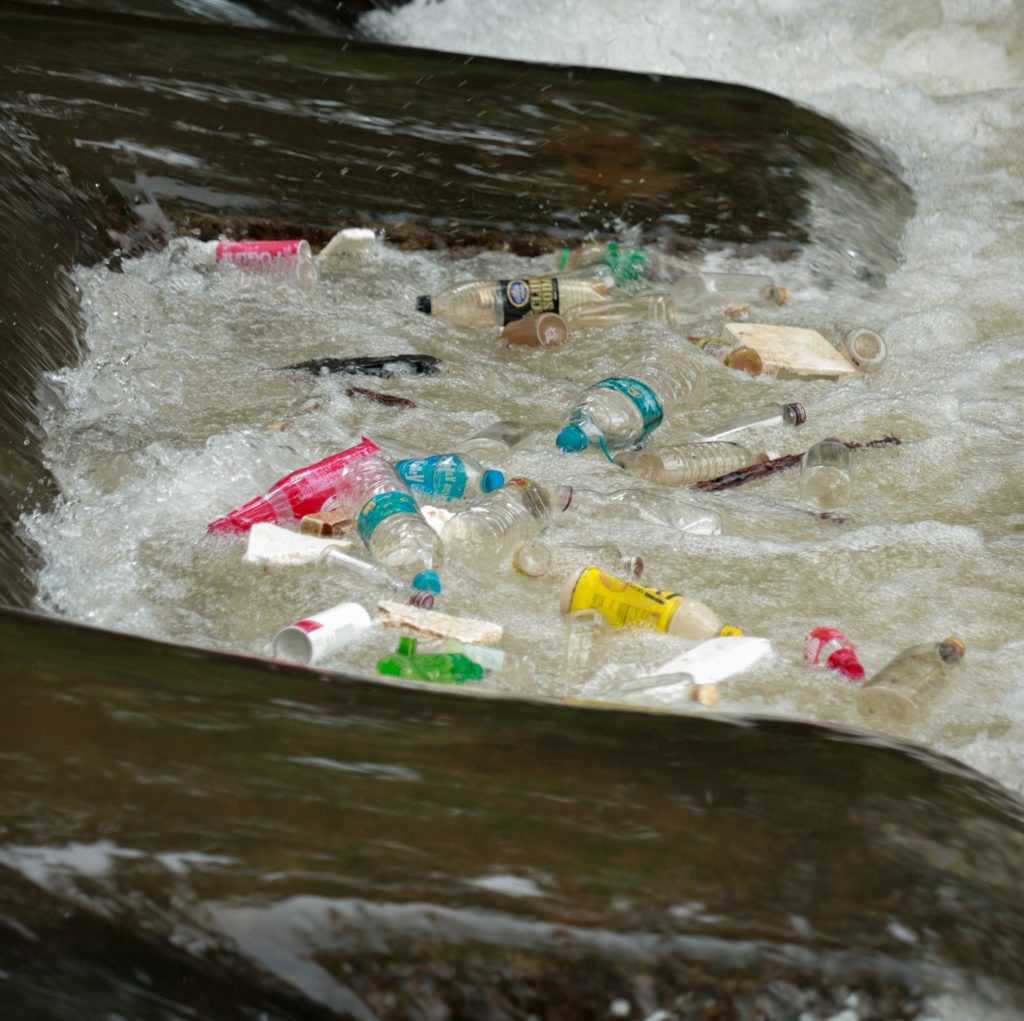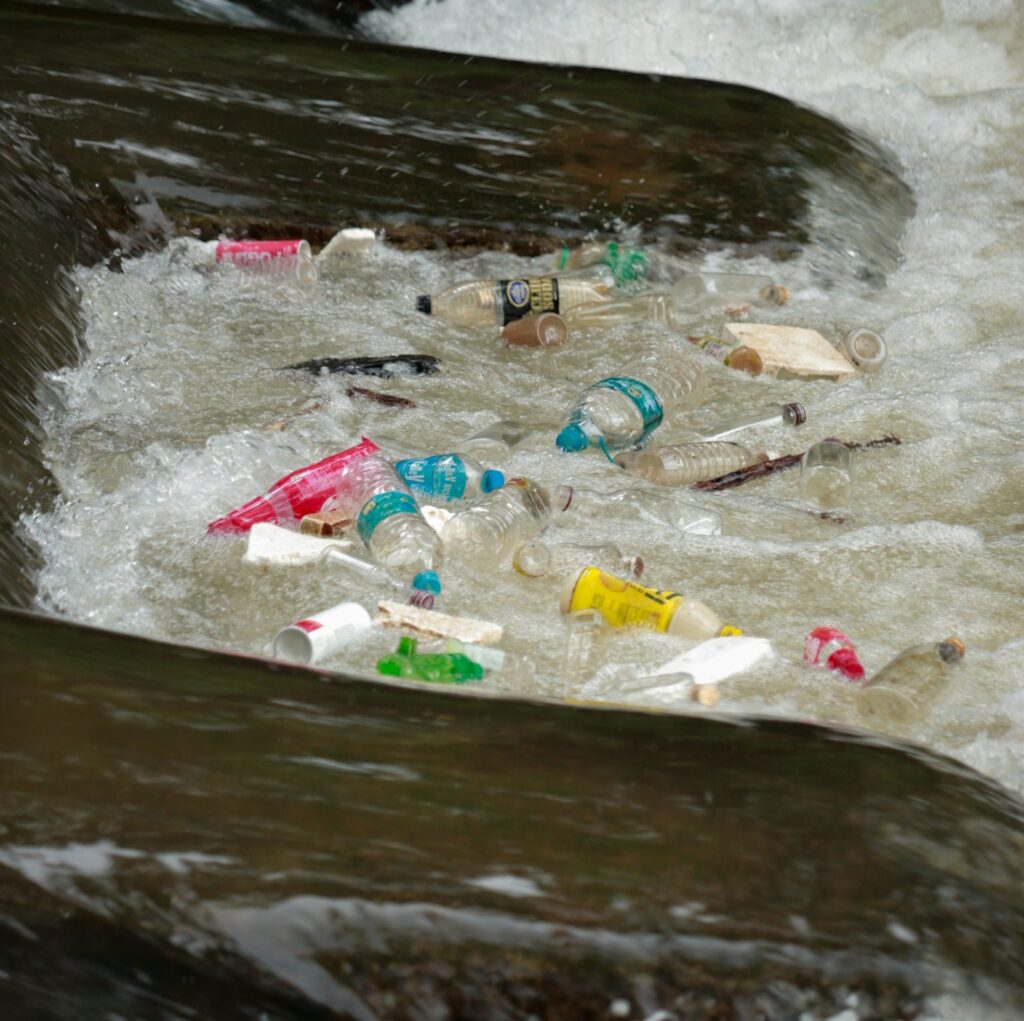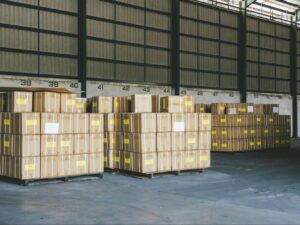
Consumers are desperate to find product alternatives that will be better for the environment, and manufacturers are searching for answers as to their best alternatives to plastic. One plant that is standing out as an alternative is hemp.
What are the pros and cons of hemp?
We can start with hemp bio-plastics. According to cannabistech.com “…hemp bio-plastics are made from non-toxic, biodegradable hemp fibers. Commercially produced as composite plastics or pure-hemp fiber plastics, they generally have a tensile strength higher than polypropylene.”
Here is their list of the benefits of using hemp:
- Mass: Hemp is lightweight. The relatively favorable density to weight ratio has gotten several industries, especially the automobile corporations taking advantage of its capacities.
- Recyclable and Biodegradable: Hemp’s potential to grow prolifically, with a short decomposition period, and easy recyclability, makes it an excellent raw industrial material.
- Durability: Despite its fast decomposition, hemp plastics are five times stiffer and 3.5 times more durable than the traditional plastics. They are also stronger than the regular steel, resistant to wear-and-tear, and highly flexible.
- Eco-friendly: Hemp absorbs carbon dioxide from the atmosphere, converts it to oxygen, and releases it, thereby reducing greenhouse gases and minimizing global warming. When used in bio-materials manufacture, this CO2 remains in the products and is not expelled, if utilized, and appropriately discarded.
In addition to bio-plastics, hemp is suitable for, clothing, shoes, biofuel, building materials. So, what are the challenges?
- Economic: Concerning the market price, there is a vast difference between hemp plastics and traditional plastics because of the unavailability of bio-plastic processing machinery.
- Agricultural imbalance: Development of the hemp plastic industry might cause a resultant shift in the purpose of agricultural cultivation from food crops production to raw material provision for these bioplastics.
- Recycling facilities: These bioplastics still require facilities and infrastructures to enable their recycling when necessary.
- Legislation against cultivation: Although hemp plastics are beginning to make waves, the legislation against cannabis cultivation in most parts of the world remains a hindrance to its progress.
It appears that hemp could be an excellent alternative to the use of plastics, but there needs to be investment in bio-plastic processing, recycling facilities, changes in law regarding cultivation, and assurances that the production of hemp would not negatively affect food production.
If hemp needs help, what about bamboo?
In addition to hemp, bamboo is another sustainable resource that can grow quickly and has a low carbon footprint. Bamboo can and is being used for food containers, plates, stir sticks, cutting boards, and a number of other products. According to boonboo.com bamboo is considered “…durable, environmentally friendly, biodegradable, naturally anti-bacterial, and highly renewable. It has been shown that it can reduce water use by up to 96%.”
Like hemp, bamboo has many positives. What are the negatives?
While the growing of bamboo is eco-conscious, transformation of the raw material into a functional product creates environmental concerns. Bamboo has to be harvested, manufactured, and transported across the globe to its final destination, and it has to be chemically processed.
Are there other options?
According to sustainablereview.com, stainless steel, platinum silicone, hemp, cork and wheat straw are viable plastic alternatives to consider along with bamboo. Quoting from the article:
“We hope this article shines a light on the ‘best’ plastic alternative. Unfortunately, there’s not one renewable savior that we can turn to fix our problems. We have a few brilliant materials, each with its advantages and uses. Once you know the products you’re looking for, you can use this guide to see which material is best for that particular item.
“While it’s true that there’s no one perfect material, having multiple options allows our workplaces and homes to incorporate plastic-free alternatives that look great and reduce harmful consumption.”
To conclude, we do not have to create and throw away miles of plastic trash, into the oceans and elsewhere. We have other options and the negatives can be overcome with wise action and investment.
AMS Fulfillment is a B Corporation, committed to consider our impact on the environment in all of our decisions. Click HERE for the AMS Green Team blog!
Photo Credit: Ajin K S




